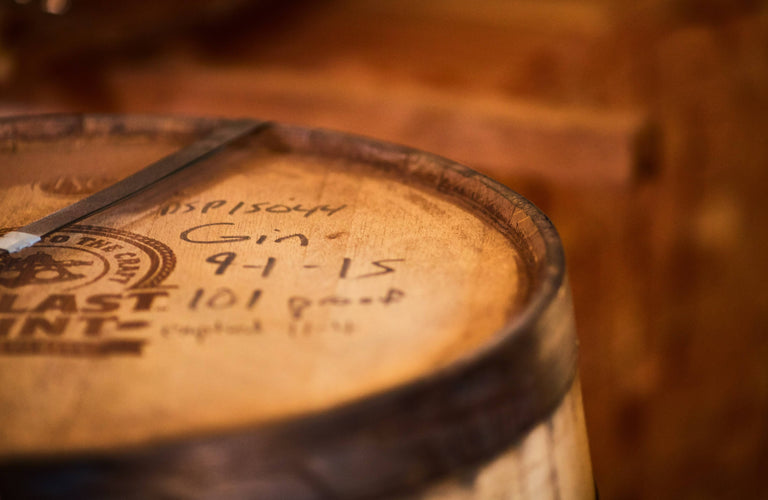We can all agree that Gin is delicious, right? Well, have you ever wondered what it is actually made from? Most Gin enthusiasts know than Gin is made using botanicals but do you know what base spirits are used? If you really like Gin or would like to learn more about your favourite spirit, this blog should quench your intrigue.
Technically, Gin is made from a neutral grain alcohol, which is then mixed with juniper berries and other botanicals that give the spirit its distinct taste. This explanation of Gin is only intended as a starting point, especially if you plan to make your own. Gin is extremely unique and diverse in the sense that you can flavour your neutral base spirit with any botanicals you like, for example, if you like your Gin to have more of a citrus flavour you can add more lemon or orange peels to your base spirit, etc.
Now that you know the basics of Gin, what spirit is Gin actually made from? In most distillation processes, you would use pure ethanol which you could think of as flavourless vodka. At Exeter Gin we use 96% ethanol made from grain.
As well as grain based ethanol, Gin can also be made from a grape spirit similar to brandy, or it may be distilled with a base spirit distilled from cane or molasses— like rum. Using these different types of bases drastically changes the taste of the overall Gin. Most Gins are made with grain alcohol which is flavourless prior to botanicals being added.
Now that we’ve established some different bases in Gin, let’s move on to the more complex and niche spirit bases you can use for Gin.
Grain Base Spirits: these types of base spirits consist of wheat, barley, corn and rye and they all produce unique and very different tastes and textures when compared to each other. For example, when Rye has been aged in a barrel for a certain amount of time, people describe the taste as having a slightly sour, ‘peppery’ taste which in return, can produce a very unique Gin. As well as providing different tastes and textures, people and distillers may use these bases if they are producing other spirits such as whiskey or due to the fact that they are widely accessible and cost effective.
Fruits Base Spirits: these types of bases spirits consist of either grapes or apples and this is considered as a much more complicated way of distilling Gin, especially with grapes as there are so many ways that you can handle them. As mentioned before however, there is a reason to distilling your Gin with fruit as it gives your Gin a ‘fruitier’, light and ‘summery’ feel. Even though it is still an experimental way of distilling your Gin, working with apples has provided fantastic results in the past, also known as cider.
Lastly, there a few more bases used for Gin that you might not have thought could possibly be used. One of these ways is by using a potato base, as when it is done properly, can produce a rich, thick, almost fatty texture that is unlike what you can get from any other grain. Along with this, there are whey bases (fermented milk) and sugar cane bases which lead to a ‘rum-like Gin’.
In conclusion, Gin is extremely diverse and unique and whether you plan to make your own or test out some new flavours, there is only one rule you need to follow; have fun.

